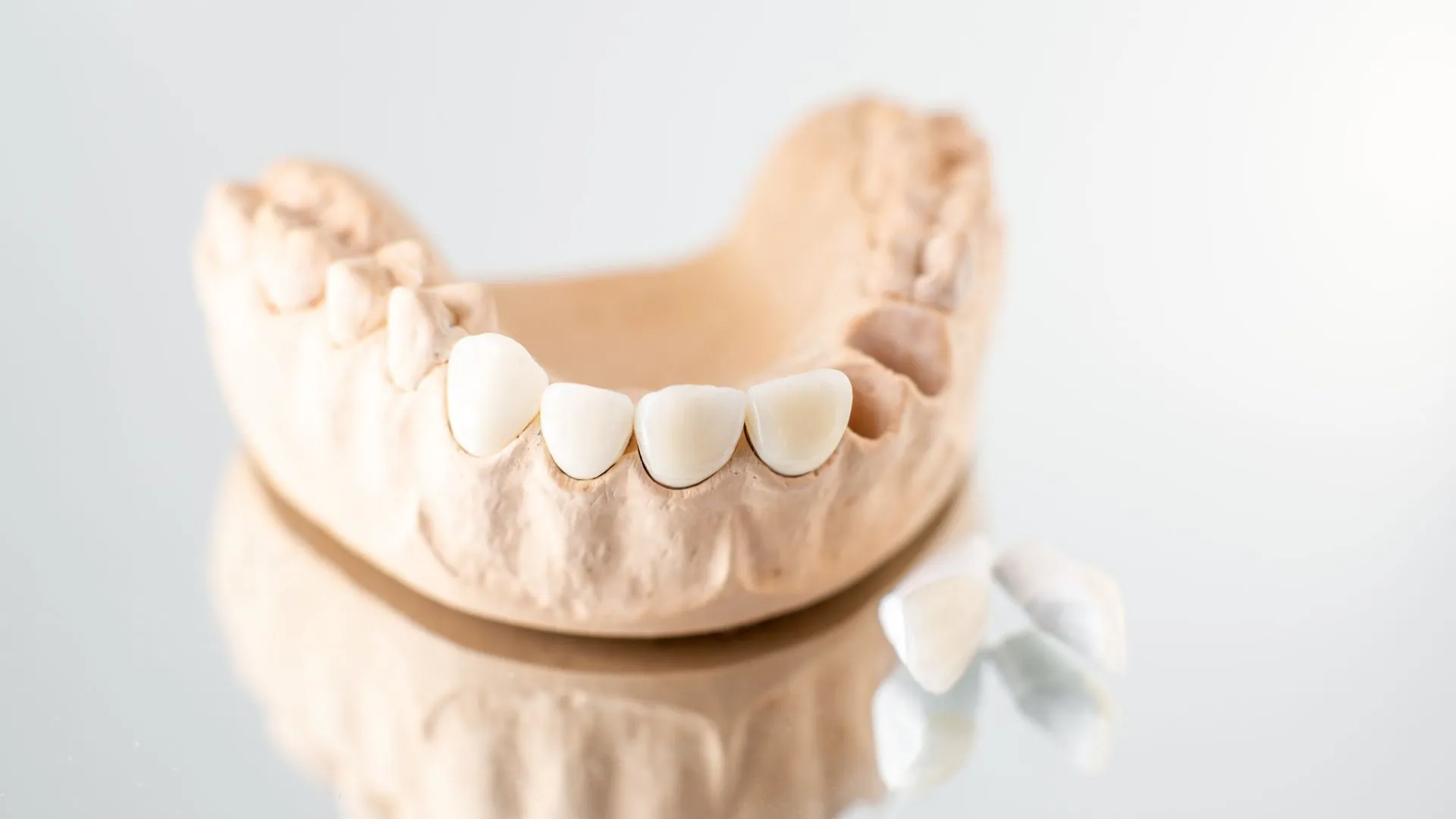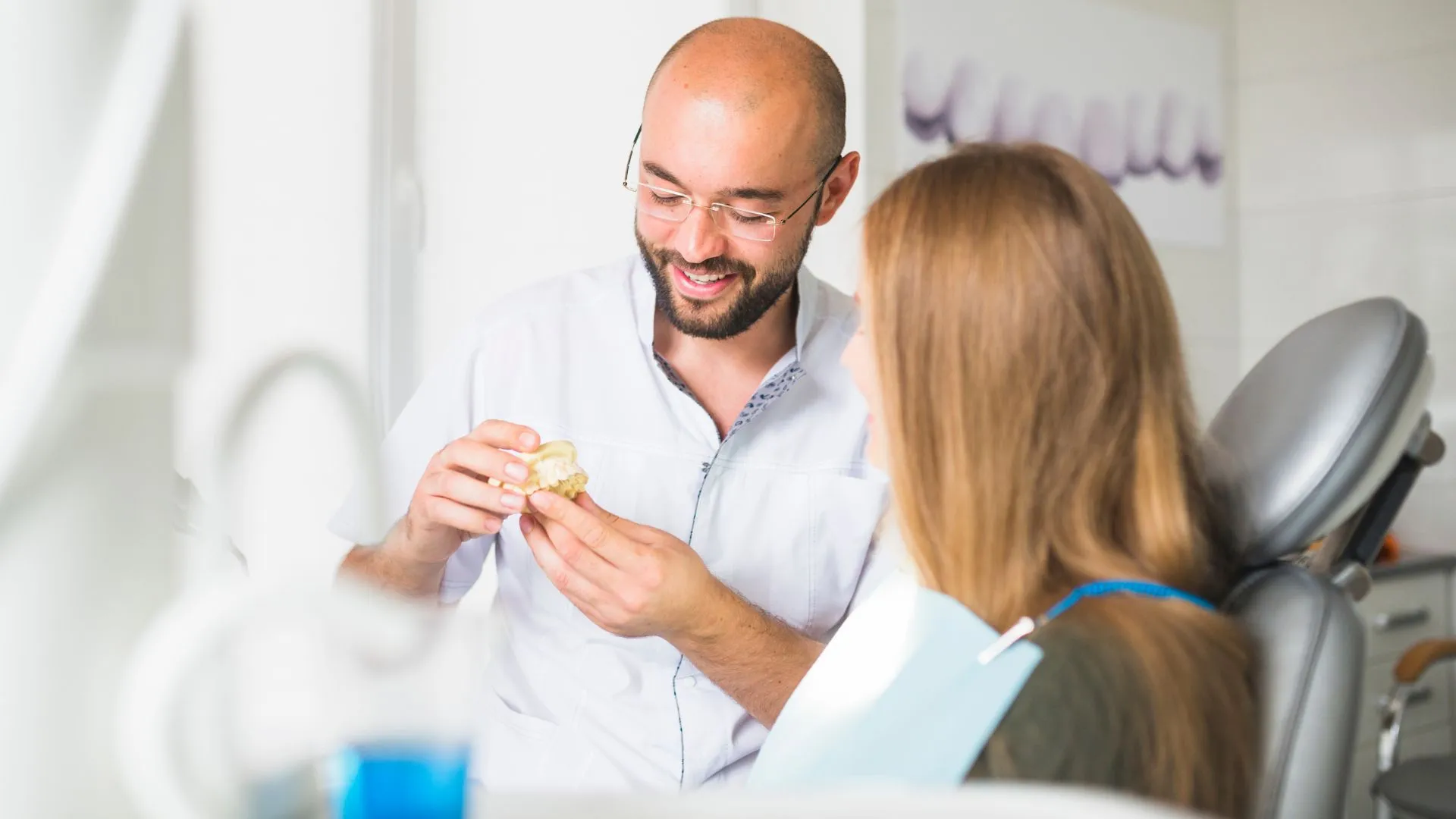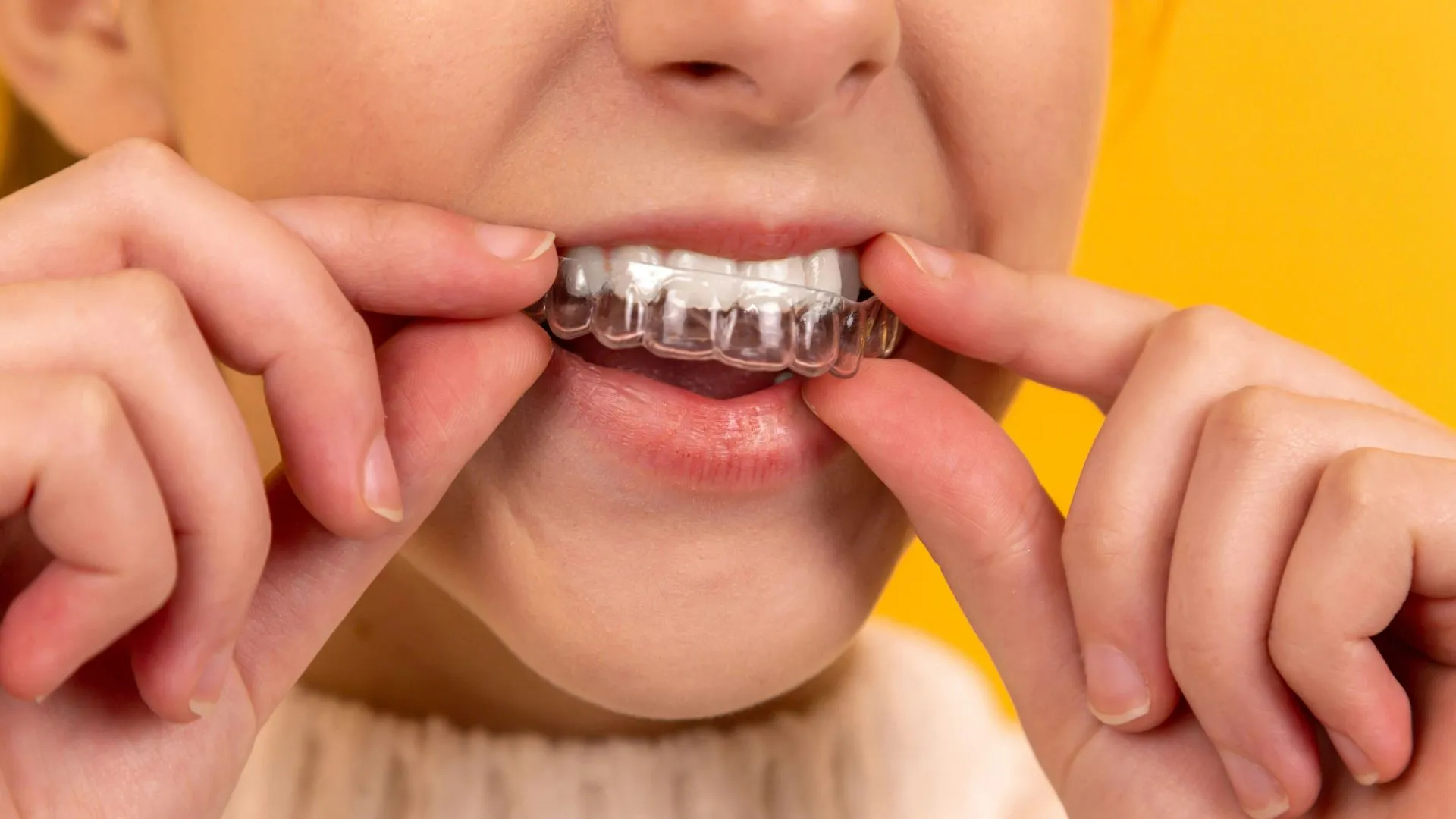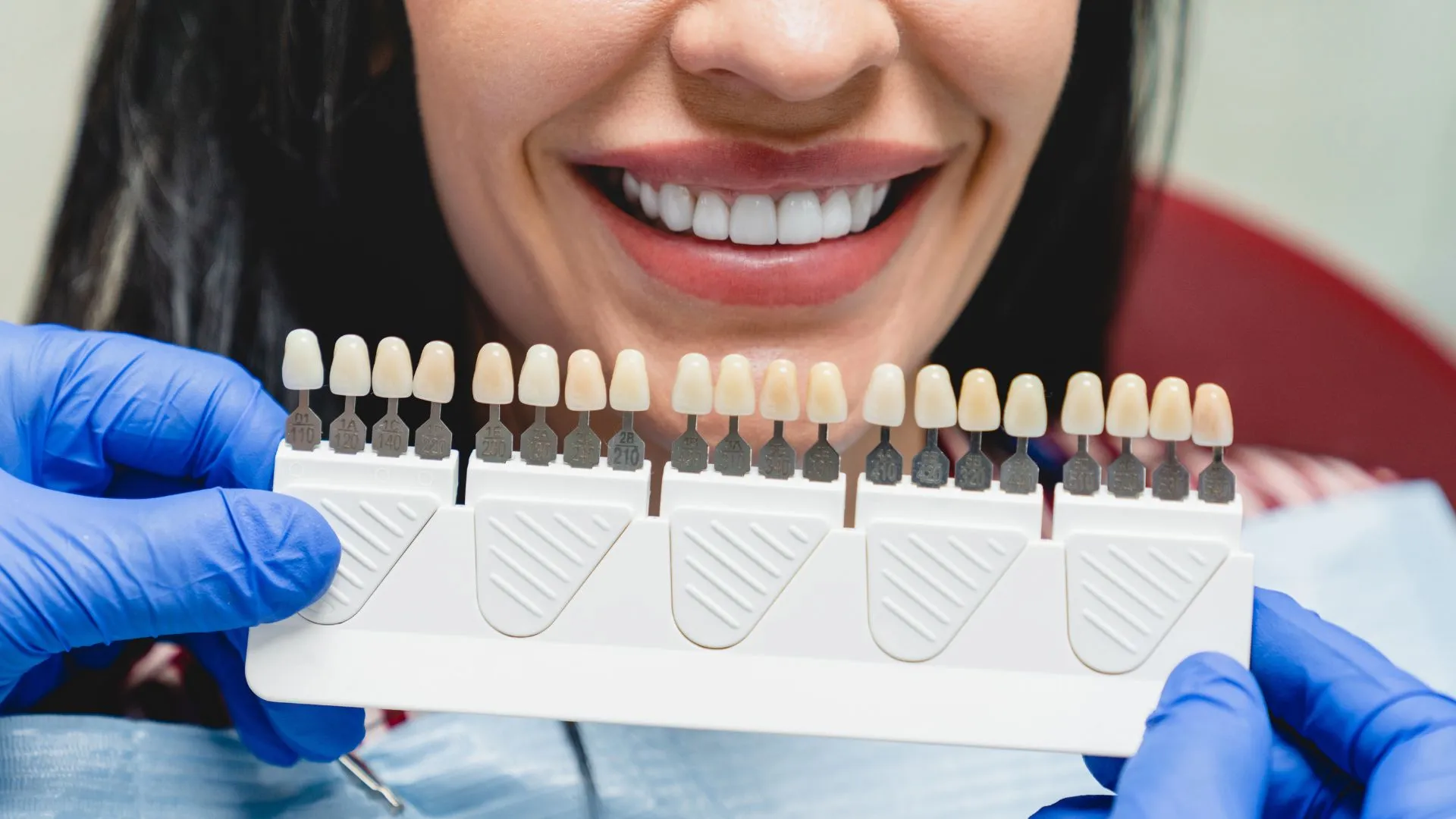Dental implants are undeniably the best option for getting missing teeth replaced currently. However, there is no denying that the process can be unnerving or costly for some.
Dental implants are undeniably the best option for getting missing teeth replaced currently. However, there is no denying that the process can be unnerving or costly for some.
Recent studies have attempted to offer an alternative solution to traditional metal dental implants by finding a way to grow new, natural tooth roots using stem cells. Soon, scientists hope to be able to test these methods on the public and be able to offer a new solution to an old problem.
What is a traditional dental implant?
Normally, dental implants are small titanium screws that are drilled into your jaw bone. They act as replacements for your natural tooth root and are the best way to replace your missing teeth.
How traditional implants are installed
The procedure requires that you be under general anesthesia during the surgery so that you only experience minor discomfort as the pilot hole is drilled. The dental implant is then inserted into the pilot hole after being fitted to ensure that a crown mold based on your existing teeth will fit properly into your mouth.
What are stem cells?
Stem cells are cells that have regenerative properties and are able to multiply at exceedingly rapid rates. Each time one of these cells is created, one of two things can happen. Either it will become another stem cell and continue budding off to create more of its own kind, or it will become a specialized cell and go on to become a part of your kidneys, skin, eyes, or any other part of your body.
When can stem cells grow my new teeth?
Although science hasn’t quite gotten all the details figured out yet, leaders in the field predict that one day soon people may be able to have their missing teeth grown anew from stem cells. There are many more lab tests that must be conducted before trials can be run with the general public, though.
Current lab tests and successes

Paul Sharpe, Professor at Kings College
Researchers at King’s College London’s dental institute, led by Professor Paul Sharpe, have begun attempting to create human-mouse hybrid teeth. Stem cells taken from the teeth of mice embryos were mixed with cells from a human’s gums and then transferred into the kidneys of adult mice. The cells grew what appeared to be teeth within the kidneys. Enamel and tooth roots could be seen in scans.
Mesenchymal cells and their role in development
Sharpe further explains the process by stating, “Epithelial cells derived from adult human gum tissue are capable of responding to tooth-inducing signals from embryonic tooth mesenchyme in an appropriate way to contribute to tooth crown and root formation.” Mesenchyme refers to the stem cells derived from the mice embryos. They are very generalized in this early stage of development, which gives them the potential to become specialized based on what currently needs to be repaired or developed.
Where the research is heading
The team of researchers will continue trying to progress their work, and others will likely soon follow suit. Sharpe and his colleagues are trying to find ways to get the mesenchymal cells of adult humans to respond in the same way as those taken from the embryos. This has proven slightly difficult for the team, but they are confident that they will eventually be able to make it work.
What’s next for stem cells and dental implants?
The goal of studies such as those described above is to develop a way for human adults to grow new, natural tooth roots inside of their own mouths by using stem cells. Researchers hope to find a way to use the mesenchymal cells taken from the same adult humans they will be used to grow implants for. This will decrease the risk of the patient’s immune system rejecting the implant later on and also eliminates much of the controversy that surrounds using human embryonic stem cells.
Research in the field of dental implants is progressing at a fantastic rate, and this means many exciting new treatments will one day be available. Dental implants as they currently exist are cost-efficient, effective, and provide the best aesthetic outcome with the maximum level of convenience. But dental implants grown using specialized cells from your own body to create a new, natural tooth root are very promising.
Innovations such as this could lead to even more durable implants that last even longer and end up being considerably more cost-efficient as a result. But as for now, only time will tell.




